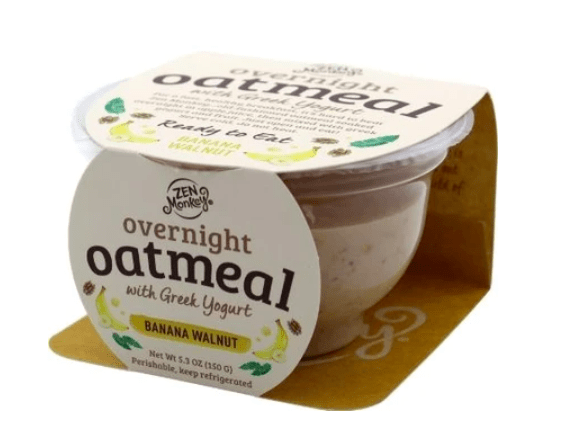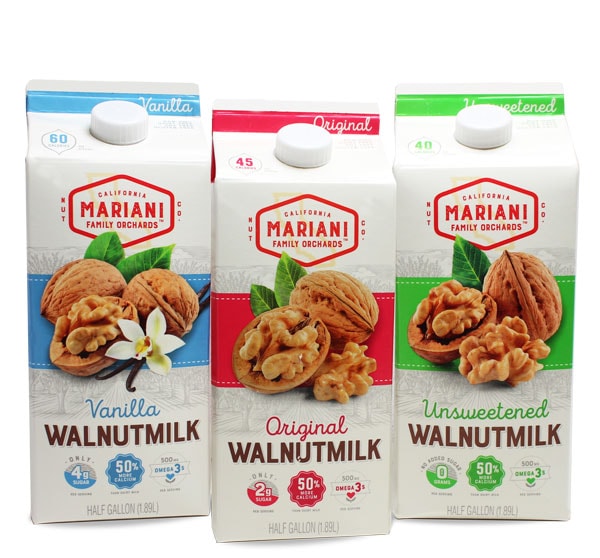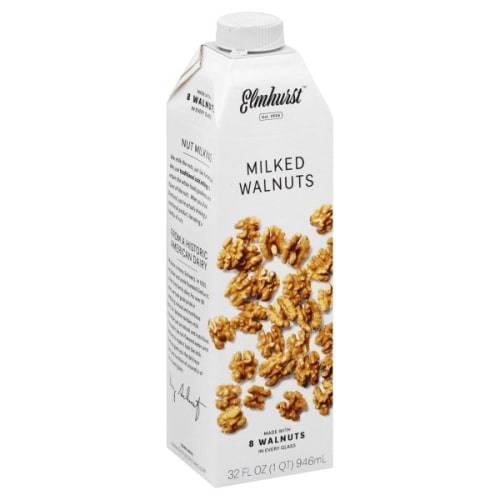Walnuts are a versatile tree nut that plays multiple roles in dairy and dairy alternative products. Walnuts can play a starring role in walnut milk, providing great flavor and a plant-based offering, all the while being the only nut to provide an excellent source of omega-3 alpha-linolenic acid (ALA). In yogurt, walnuts can be used as an inclusion to provide crunchy texture. And in ice cream, walnuts provide indulgence and nutritious properties in a guilt-free combination.
Allied Market Research shows the dairy alternatives market size is estimated to reach about $35.8 billion by 2026, registering a compound annual growth rate (CAGR) of 13.6% from 2019 to 2026. Traditional global dairy foods came in at a little more than $686 billion in 2019, and Fortune Business Insights projects that climb to reach more than $964 billion by 2027, a CAGR of 4.6% during the forecast period.
Although growth is expected on both sides, the dairy alternatives market is clearly gaining market share on traditional dairy products. Why? For starters, many of the dairy alternative products are lower in fats and cholesterol and are lactose-free. Consumers who are allergic to dairy are high contributors to the growth, along with increasing popularity of plant-based diets.
In dairy and dairy-free products, walnuts can be used in the following applications:
- Walnut Milks: A perfect alternative as a stand-alone milk or combined with other nuts. In these products, processors can promote the omega-3 fatty acid content of their products.
- Walnut Creamers: With a subtle nutty taste, walnuts can serve as the perfect base for a coffee or tea creamer.
- Yogurts and Ice Creams: Walnuts can enhance the texture of these products as a whole food inclusion. Walnuts have the perfect bite, being neither too hard nor too soft. Additionally, one ounce of walnuts adds four grams of protein and two grams of fiber.
Check out these manufacturers that have taken advantage of the versatile walnut.







